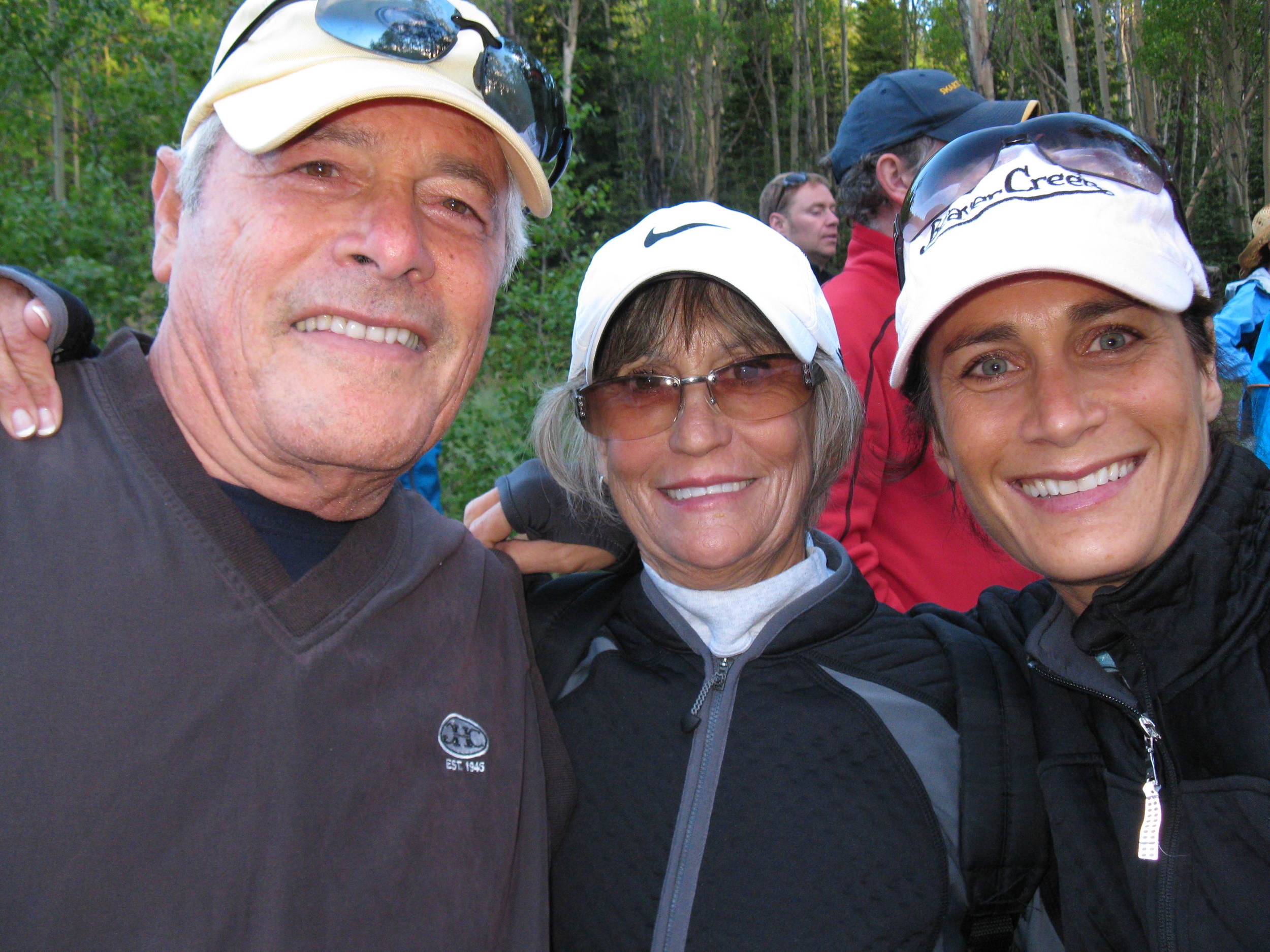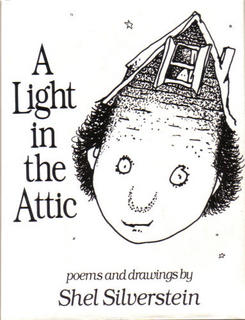Big week. My baby sister turned 50, my oldest daughter turned 25 and my youngest son turns 18 today. Oh how I LOVE my Virgos! With all the joy of celebrating these milestones, I am also in a place of nostalgia as I pour through old journals in an attempt to add more depth to my new book about finding joy and power in the 2nd half of life. How do we get there? It is never a straight line. At 18, I was in recovery; at 25, I was finishing grad school and dating my husband; at 50, The Self-Care Solution was published and I was emerging from a mid-life meltdown (unraveling as Brene’ Brown calls it) and preparing to make one of the boldest moves of my life.
There are kernels of foreshadowing. The “unthought known” as Dani Shapiro calls it. Intuition masked in insecurity and confusion. And fear. So much fear.
11-05-09
Raising four kids is taking me to places I have not known before. Sometimes I feel out of control. Sometimes I feel like I have had to set myself aside and jump into this person called mom who is available to the kids whenever they need me. Sometimes my “self” feels super insecure and compromised. This whole person that I try to be feels fractured. I can feel it when I introduce myself in public to a group of people and I can barely speak. It is so hard for me to define who I am. It seems so simple—a wife, a mother of four, a writer, a fitness instructor, but I feel in some ways that I have let myself down. That I gave up on my dream to write a book; that the demands of taking care of four children keep me from reaching my goal to become an author. I don’t know that I am a great mom of four kids. I don’t know if this is even what I want to be doing, as harsh as that sounds. Every day, my day is structured around taking care of four beings. My hands are full. And sometimes I just want to go on Sabbatical. I want to step out of this role that I am not even so comfortable with and just be. This is not about how much I love my kids. I love each one of them so very much. This is about the pit in my stomach that I feel quite often, which is very unsettling and I don’t know how to make it go away.
If 10 years ago you would have told that 42-year-old confused mom that within seven years, she would publish a book about the very issues she was struggling with, she would not have been able to envision it. If you would have told her that nine years later she would have found a way to carve out a career path and open the doors to a co-working space for people to work, create, connect and renew, she would have flat out told you that you had the wrong person. And speaking in public about self-care, women in business, and entrepreneurship in front of groups of people, on TV, and on the radio? No way! You’ve got the wrong gal!
She couldn’t see it, feel it or believe it then. And between then and now, she would have to dig deeper into herself and reshape her life—her marriage, her friendships, her priorities, and most importantly the relationship she had with herself. She would have to believe in herself in a way that she never did before. And she would have to work at this for the rest of her life.
Like how recently I thought an article I wrote for a publication had been rejected shortly after receiving a rejection from a publisher for my book. And how I am trying to make some impactful decisions about ModernWell while charging myself with doing more writing. “I don’t know what I am doing,” I said to my husband this morning, choking back tears. “I am doing lots of stuff but I don’t think I am doing anything really well. Maybe I am not a good writer any more. Maybe I never was. Maybe I should just hang up that hat.” My husband looked at me quizzically and I could tell he was trying to track my train of thought. “Because of….the article you think was rejected?”
“I just don’t know what to do. About anything. About my writing. About expanding my business. What should I do?”
I knew David understood. I remembered so many times when he was growing his business and would look at me with the same blank, fearful look and say, “I have no idea what I am doing.”
This morning his words to me were clear and strong, “Just go to work. You can do this.”
Immediately upon entering ModernWell, I exhaled as I felt the buzz of positive energy and saw the bright and kind faces of community members who had come to work, create, and connect. I was exactly where I was supposed to be. Opening my computer, I saw an unread message from the editor of the publication that “rejected” my article. “Julie, we are running behind schedule. Your piece will be published within the next week or two.”
Just go to work. You can do this.
My baby sister is 50. My oldest child is 25. My youngest son is 18. I am all of those ages and beyond. I am in a space of reflection and noticing. Aware of the mountains of insecurity and uphill challenges I battled to achieve what I did not think was possible. And there is more—more insecurity and more goals. So, I will take my husband’s advice and keep going to work. And will utilize Jennifer Louden’s advice that she shares in her piece How to Stop the Doubting Yourself / Quitting/ Looking for a Magic Solution Cycle – Today and keep doing the work of challenging my inner critic so I can give myself the chance to look back 10 years from now and see realities that I once thought of as impossibilities. And I challenge you, friends, to do the same. Show up for yourself. Show up for others. Stare down your fears and insecurities. And go chase your goals and dreams. In the comments below, please complete this sentence: If I wasn’t afraid, I would…….






